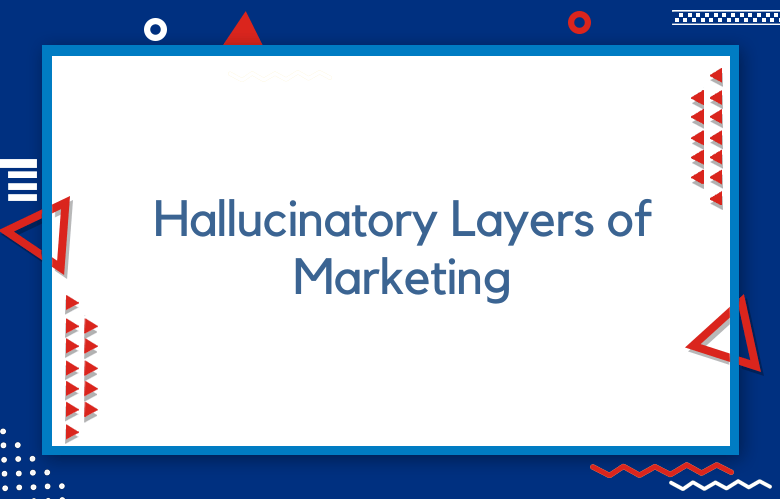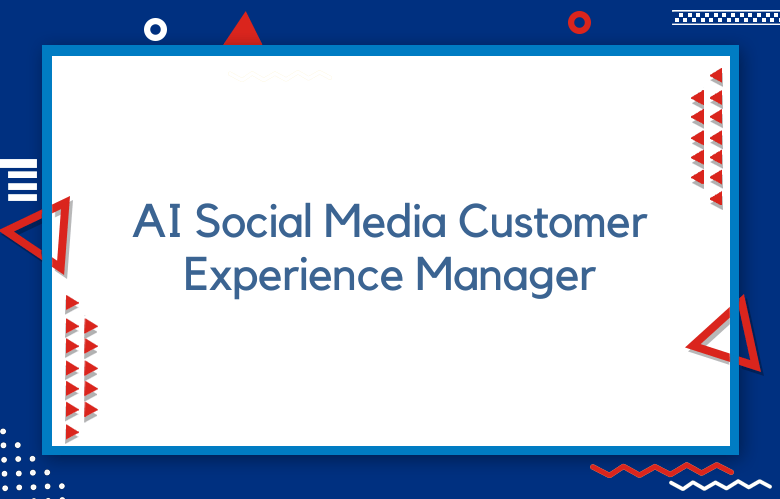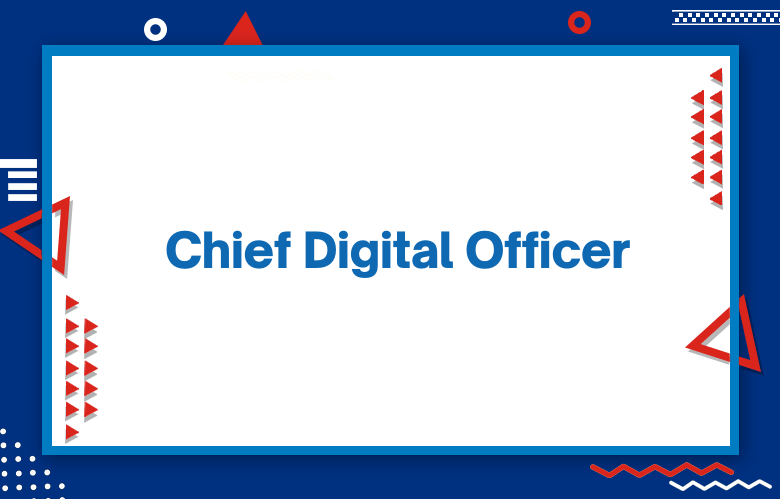AI Mirage: Unveiling the Hallucinatory Layers of Marketing

Marketing teams worldwide leverage artificial intelligence to enhance customer experiences, streamline processes, and increase efficiency. However, is it possible for AI to create a biased version of reality, a mirage that doesn’t reflect customers’ actual perceptions? Indeed, it is.
The complexity of AI algorithms makes it difficult to detect such biases. This paper aims to unveil the hallucinatory layers of AI marketing and explain how marketers can ensure AI is used ethically.
The use of AI in marketing can take many forms, some apparent while others are subtle. For instance, chatbots powered by AI can simulate human-like conversations with customers.
These chatbots collect customer data and personalize the experience according to identified patterns. However, the system’s AI language model can generate responses that lead customers down a biased path, sometimes leading them to accept subjective opinions that don’t match their beliefs.
The Illusion of AI: How Marketing Strategies Can Create Hallucinations
Artificial Intelligence (AI) has been hyped up in recent years as the solution to many complex problems. From personalized advertising to self-driving cars, AI has been advertised as the magic solution to revolutionize industries. But the truth is that modern-day AI is far from the image marketed by companies, and it’s essential to understand that buzzwords and fancy tech talk can create illusions that hide the fragile reality of AI.
Marketing strategies play a significant role in generating these illusions. Companies often promote their brands and products using AI buzzwords that encourage their AI system to be super-smart and foolproof. The problem with this approach is that it leads to confusion, misinformation, and oversimplification of AI’s capabilities, making the technology appear more advanced.
Artificial Intelligence Hype: Uncovering the Truth Behind Marketing Hallucinations
One of the most significant issues with AI is that it is less intelligent than we have been led to believe. While AI algorithms are highly effective at performing specific tasks, they need the ability to genuinely understand and interpret the world around them. This limits their usefulness in many real-world scenarios and can result in errors that can be both costly and dangerous.
Another problem with the hype around AI is that it tends to overshadow the other technologies that are just as important, if not more so. For example, the Internet of Things (IoT) and machine learning are often lumped in with AI despite distinct technologies with unique benefits and challenges.
The Mirage of AI Marketing: Separating Fact from Fiction
As artificial intelligence (AI) becomes more prevalent in various industries, many companies have turned to AI marketing to maximize profits and improve their marketing strategies. However, there is a growing concern that the hype around AI marketing may be overblown and that companies may need to pay more attention to the limitations and risks involved in using AI for marketing purposes.
One key issue with AI marketing is that AI algorithms are only as good as the data they are trained on. If the data is biased or incomplete, the AI will replicate those biases and limitations in its marketing recommendations. This can result in ineffective or discriminatory marketing campaigns and damage to the brand’s reputation.
The Virtual Reality of AI Marketing: Exploring the Hallucination
The advent of Artificial Intelligence (AI) technology has taken the world by storm, revolutionizing various industries and transforming the business landscape. One of the most potent applications of AI is undoubtedly in the marketing sphere, where it’s employed to create hyper-targeted advertising campaigns and craft personalized user experiences.
However, with the emergence of Virtual Reality (VR), AI marketing has become entirely new, enabling marketers to create bespoke virtual environments that can simulate real-life scenarios and manipulate users’ sensory experiences to make a profound impact.
This innovative marketing approach is referred to as the Virtual Reality of AI Marketing, and it is a fascinating area of study that is yielding exciting insights into how futuristic technology can influence and reshape human behavior.
AI Marketing Frenzy: Is it All Just an Illusion?
As we delve deeper into the fascinating world of AI marketing, we cannot overlook the remarkable potential of virtual reality for transforming this landscape. Exploring a hallucination may seem far-fetched, but with the power of VR guiding the way, it’s now a real possibility.
Virtual reality can create a complete sensory experience that immerses users within a computer-generated environment. Coupled with AI technology, these experiences can be tailored to each user, providing deep insights into their preferences and behaviors.
Decoding the Illusory World of AI Marketing
Artificial intelligence (AI) has become one of the most popular buzzwords in marketing and advertising in recent years. Companies across various industries claim to leverage AI and its related technologies to create highly personalized and targeted marketing campaigns that can transform their businesses. However, beneath these companies’ glitzy facades lies a world of illusory promises and marketing buzzwords that often contradict reality.
One of the biggest challenges in decoding the imaginary world of AI marketing is that the use of AI in marketing is still in its early stages. Many of the claims and promises marketers make about AI are based on theoretical potential rather than real-world results. Moreover, the terminology surrounding AI and its related technologies could be more specific and clear, which can further mislead customers and investors.
AI Hocus Pocus: Understanding the Marketing Hallucination
Understanding Marketing Hallucinations is a vital issue that needs to be explored with more attention to detail and empirical evidence. AI (Artificial Intelligence) is currently a buzzword in the marketing industry as companies seek innovative ways to enhance their marketing strategies. However, adopting AI can lead to hallucinations or false perceptions about this technology’s capabilities in marketing.
The truth is that AI is not a magic wand that can automatically solve all the marketing challenges. Instead, it is a tool that can assist marketers in various ways. Even though AI has shown impressive results in predictive analytics, chatbots, and improved customer experience, more is needed than human creativity and strategic thinking.
Virtual Hallucination: The AI Marketing Effect
The AI Marketing Effect is rapidly gaining traction in the world of marketing. This technique involves using advanced artificial intelligence systems to create highly realistic and immersive virtual environments that allow customers to interact with products and services in unprecedented ways.
One of the key advantages of this approach is that it allows marketers to create highly personalized and memorable experiences for customers that are tailored to their individual preferences and needs. By analyzing vast amounts of customer behaviors and preferences, AI systems can create highly realistic simulations that cater to each individual’s unique wants and needs.
The Delusion of AI Marketing: Breaking the Spell
Artificial intelligence (AI) has been a buzzword in the marketing industry for a while now, and businesses are investing heavily in AI-driven strategies to improve their marketing efforts. However, the effectiveness of AI in marketing may be nothing more than a delusion. The truth is that marketers may need to be more accurate with the complexity of human behavior and overestimate AI’s capabilities.
While AI technology is advancing rapidly, it still has limitations in understanding human behavior and making strategic decisions. Even the most sophisticated AI algorithms can only analyze customer data and make predictions based on historical patterns.
They cannot comprehend nuances like creativity, empathy, and emotional intelligence, which are critical for building lasting customer relationships. In other words, AI may be able to optimize marketing campaigns, but more is needed than human intuition, insights, and creativity.
Beyond Reality: How AI Marketing Creates Hallucinations
Artificial intelligence (AI) has revolutionized many industries, including marketing. The use of AI in marketing has given rise to unprecedented levels of personalization and efficiency in promoting products and services. However, the increasing prevalence of AI-driven marketing tactics has also raised concerns about their ethical implications. One particularly troubling aspect of AI marketing is its potential to create consumer hallucinations.
The use of AI in marketing has led to the creation of incredibly lifelike virtual models of products, environments, and even people. These models are often so realistic that they can be indistinguishable from reality. This level of realism can be incredibly persuasive, leading consumers to believe that they are experiencing a product or environment in a way that is not possible.
The Mirage Machine: Exploring AI’s Impact on Marketing
The Mirage Machine is a fascinating topic of discussion for those interested in exploring the impact of artificial intelligence on marketing. This innovative technology aims to provide marketing professionals with deep insights into consumer behavior, preferences, and buying habits. With the increasing volume of consumer data generated daily, AI-powered tools like The Mirage Machine have become necessary for businesses looking to stay ahead of the curve.
The Mirage Machine uses machine learning algorithms to analyze vast amounts of data collected from various consumer touchpoints, including social media, e-commerce platforms, and mobile apps. It then leverages this data to create a highly personalized and engaging consumer experience, increased brand awareness, customer loyalty, and, ultimately, revenue growth.
Conclusion:
AI has the potential to create an illusion of reality that doesn’t reflect the perspectives of customers, leading to a biased view of the world. The mirage created is due to the complexity of AI algorithms that filter and personalize digital content. It is, therefore, crucial for marketing teams to ensure their AI systems are used ethically and transparently.
Marketers should scrutinize their AI systems regularly and ensure their datasets are inclusive, unbiased, and represent all perspectives. In summary, AI can be a boon or a curse to marketing, depending on how it is implemented and the ethical considerations adopted by the marketing team.
Call: +91 9848321284
Email: [email protected]



